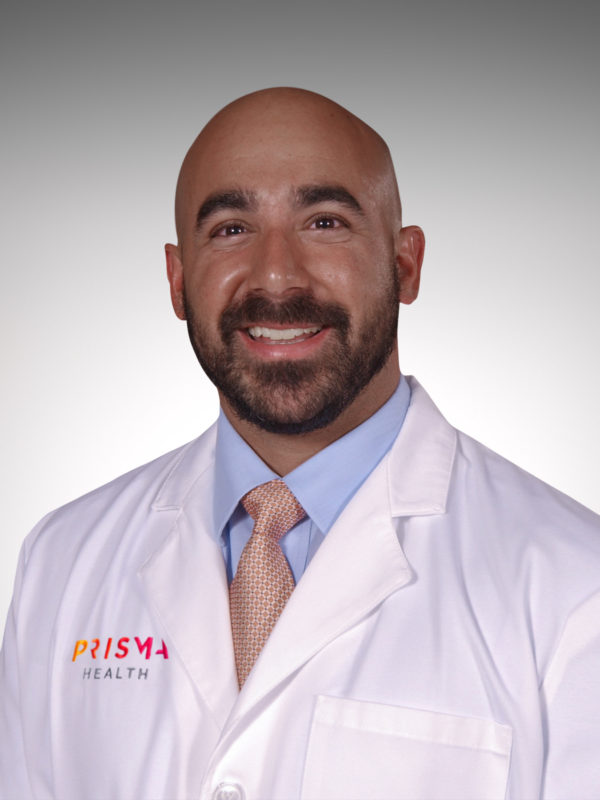Four ways to keep your bones strong
Children are encouraged to drink their milk to make their bones strong, but your bone health is just as important as you get older. Orthopedic trauma surgeon Michael Sridhar, MD, shared information about bone diseases, risk factors to look for, and what you can do to increase your bone health.
What is osteoporosis and osteopenia?
Osteoporosis is a disease that happens when you lose too much bone, make too little bone, or both. Osteopenia is when your bone density is lower than normal but not low enough to be considered osteoporosis. However, it can lead to osteoporosis if untreated. “Both conditions cause your bones to become weak and more susceptible to breaks, called fragility fractures, that occur as a result of simply a fall from a standing height or less,” said Dr. Sridhar.
Why is osteoporosis so important to recognize?
Fragility fractures, particularly of the hip, are serious injuries. Even after surgery and healing, many patients cannot return to the normal activities of their daily lives, and some even require a long-term nursing home.
What causes osteoporosis?
Dr. Sridhar said there are numerous risk factors for osteoporosis, including:
- Increasing age (especially postmenopausal women)
- History of corticosteroid use
- Rheumatoid arthritis
- Smoking and excessive alcohol use
- Diabetes
- Personal history of fragility fractures
- Family history of fragility fractures
What can you do to increase your bone health?
Taking care of your bone health means taking care of your whole self. Dr. Sridhar shared four things you can do to increase your bone health, including:
- Eat a healthy diet (with supplemental calcium and vitamin D if at risk for osteopenia or osteoporosis)
- Exercise routinely
- Get responsible exposure to the sun
- Care for and treat other medical diseases
When should you see a doctor about bone health?
“It is very important to recognize impaired bone health to allow for close monitoring and possible treatment,” said Dr. Sridhar. Women over the age of 65 and men over 70 should consider bone mineral density testing, as well as postmenopausal women and men aged 50–69 who are considered high-risk. Individuals over the age of 50 who have experienced a fragility fracture also need close monitoring.
Find an orthopedic specialist you trust
Find a provider who’s right for you by viewing their online profiles, star ratings and reviews.
Find an Orthopedic Doctor

